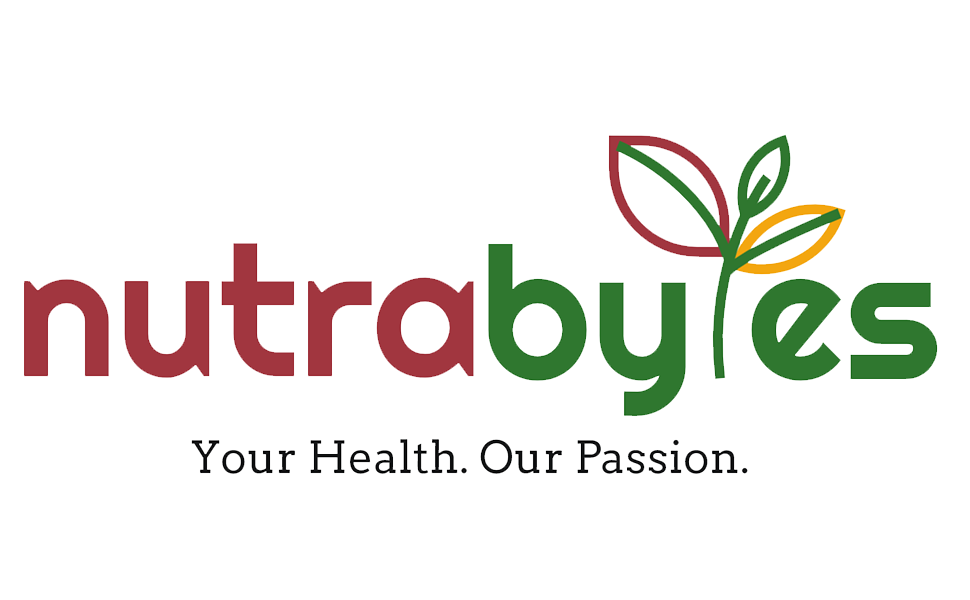In our fast-paced lives, it's easy to overlook the importance of maintaining strong and healthy bones. However, as we age, our bones become more susceptible to wear and tear, leading to conditions like osteoporosis and fractures. Fortunately, there are proactive steps we can take to support our skeletal health, and one key ingredient that's been gaining attention is collagen. Let us understand it in a more detailed way-
Understanding Collagen
Collagen is the most abundant protein in our bodies, providing structure and strength to various tissues, including bones, muscles, skin, and tendons. It acts as a scaffold, holding everything together and ensuring our bodies remain resilient. As we age, our natural collagen production begins to decline, which can impact the integrity of our bones and joints.
Role of Collagen in Bone Health
Collagen is a major component of the extracellular matrix in bones, providing the framework for calcium and other minerals to adhere to, thus contributing to bone structure and stability. Collagen is necessary for bone strength and to prevent fractures.
Collagen Peptides for Bone Strength
Peptides derived from collagen proteins are short chains of amino acids. When consumed as a supplement, collagen peptides can be easily absorbed by the body and utilised to support bone health. Studies have shown that collagen peptide supplementation can improve bone density and reduce the risk of fractures, especially in postmenopausal women who are more susceptible to bone loss.
Collagen Capsules for Skeletal Wellness
Collagen capsules offer a convenient way to incorporate collagen into your daily routine. These supplements contain concentrated doses of collagen peptides, providing targeted support for skeletal wellness. By regularly taking collagen capsules, you can help maintain bone strength and integrity, reducing the likelihood of fractures and other bone-related issues.
Benefits of Collagen To Joints and Bones
Collagen, often hailed as the building block of our bodies, plays a crucial role in maintaining the health of our joints and bones. Let's delve into the remarkable benefits it offers to these vital components of our skeletal system.
- Enhanced Joint Health: As we age, natural collagen production declines, leading to joint stiffness and discomfort. Supplementing with collagen can help support joint flexibility and reduce stiffness, promoting overall joint health.
- Improved Bone Strength: Bones are primarily made up of collagen, providing structure and strength. Collagen peptides, derived from collagen proteins, can contribute to bone density and reduce the risk of fractures. By supporting bone mineral density, collagen supplementation aids in maintaining skeletal wellness, especially crucial as we age and bone density tends to decrease.
- Joint Pain Relief: Individuals suffering from conditions like osteoarthritis often experience joint pain and inflammation. Collagen supplements can help alleviate these symptoms by supporting the integrity of cartilage and reducing inflammation in the joints.
- Faster Recovery from Injury: Whether it's a sports injury or a fracture, collagen plays a vital role in the healing process. By providing the necessary building blocks for tissue repair, collagen supplementation can expedite recovery time and enhance overall healing outcomes.
- Support for Active Lifestyles: For those leading active lifestyles or engaging in rigorous exercise routines, collagen supplements can be particularly beneficial. They help maintain joint flexibility, reduce the risk of injuries, and support overall skeletal health, enabling individuals to continue pursuing their fitness goals with reduced risk of joint-related issues.
Tips for Maintaining Skeletal Health:
-
Incorporate Collagen Supplements: Consider adding collagen supplements for joints into your daily regimen to support bone strength and flexibility.
-
Eat a Balanced Diet: Ensure you're getting enough calcium, vitamin D, and other nutrients essential for bone health. Include dairy products, leafy greens, nuts, and fish in your diet.
-
Stay Active: Engage in weight-bearing exercises like walking, jogging, or weightlifting to stimulate bone growth and maintain bone density.
-
Quit Smoking: Fractures are more likely to occur if you smoke. If you smoke, consider quitting to protect your skeletal health.
-
Limit Alcohol Consumption: Excessive alcohol intake can interfere with calcium absorption and weaken bones. Drink in moderation to safeguard your skeletal system.
What are the risk factors for developing brittle bones?
Brittle bones, a condition medically referred to as osteoporosis, can significantly impact one's quality of life and increase the risk of fractures and injuries. Understanding the risk factors associated with developing brittle bones is crucial for early intervention and prevention. As a result of this condition, we will discuss a variety of factors that contribute to it.
- Age: As we age, our bone density naturally decreases. Ageing is one of the primary risk factors for brittle bones, as bone mass peaks in early adulthood and gradually declines thereafter. Postmenopausal women are particularly vulnerable due to hormonal changes that accelerate bone loss.
- Gender: Women are at a higher risk of developing brittle bones compared to men. Oestrogen plays a crucial role in maintaining bone density, and the decline in oestrogen levels during menopause accelerates bone loss in women.
- Family History: A family history of osteoporosis or fractures can predispose individuals to the condition. Genetics plays a significant role in determining bone density and susceptibility to osteoporosis.
- Hormonal Imbalance: Hormonal imbalances, such as low oestrogen levels in women and low testosterone levels in men, can contribute to bone loss and increase the risk of brittle bones. Conditions such as hyperthyroidism and adrenal disorders can also affect bone health.
- Poor Nutrition: Inadequate intake of calcium and vitamin D, essential nutrients for bone health, can weaken bones and increase the risk of osteoporosis. A diet low in dairy products, leafy greens, and fortified foods may contribute to poor bone density.
- Sedentary Lifestyle: Lack of weight-bearing exercises, such as walking, jogging, or resistance training, can lead to decreased bone density and strength. Physical activity stimulates bone formation and helps maintain bone mass.
- Smoking and Alcohol Consumption: Smoking and excessive alcohol consumption can interfere with calcium absorption and impair bone remodelling, leading to weaker bones and an increased risk of fractures.
- Certain Medications: Long-term use of certain medications, such as corticosteroids, anticonvulsants, and proton pump inhibitors, can negatively impact bone health and increase the risk of osteoporosis.
- Medical Conditions: Certain medical conditions, including rheumatoid arthritis, coeliac disease, and inflammatory bowel disease, can affect nutrient absorption and contribute to bone loss. Individuals with these conditions may have an increased risk of developing brittle bones.
- Low Body Weight and Body Mass Index (BMI): Being underweight or having a low BMI is associated with decreased bone density and an increased risk of osteoporosis and fractures.
Awareness of these risk factors is essential for early detection and intervention. By addressing modifiable risk factors through lifestyle modifications, proper nutrition, regular exercise, and medical management, individuals can reduce their risk of developing brittle bones and maintain optimal bone health throughout life.
Conclusion
Building strong bones is essential for maintaining overall health and mobility, especially as we age. By prioritising collagen supplementation, along with adopting a healthy lifestyle and incorporating weight-bearing exercises, you can support your skeletal health and reduce the risk of bone-related issues. Invest in your bones today for a stronger, more resilient tomorrow.
Incorporating collagen supplements for joints into your routine can significantly enhance your skeletal health. Whether you opt for collagen peptides or capsules, prioritising bone strength is a proactive step towards a healthier, more vibrant life.













